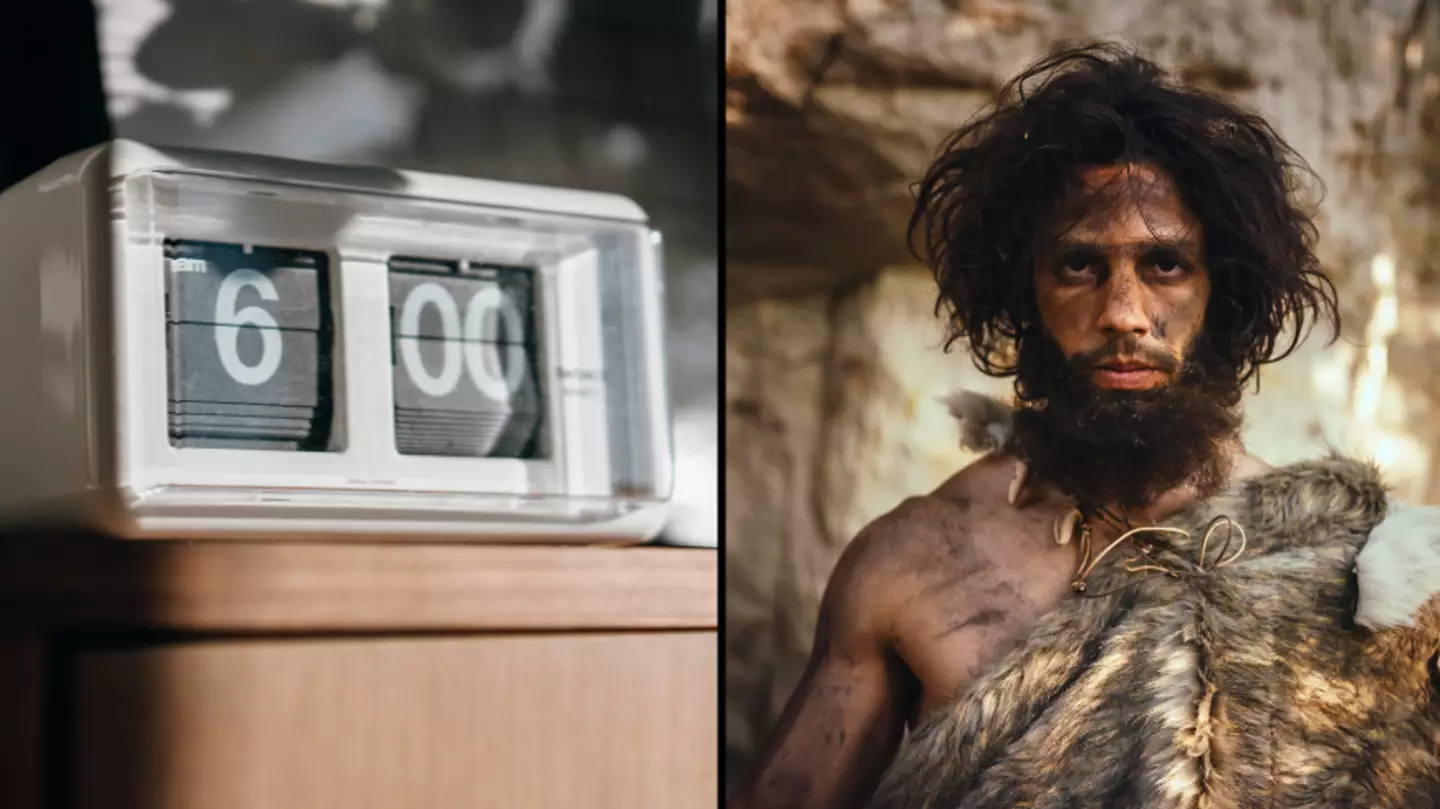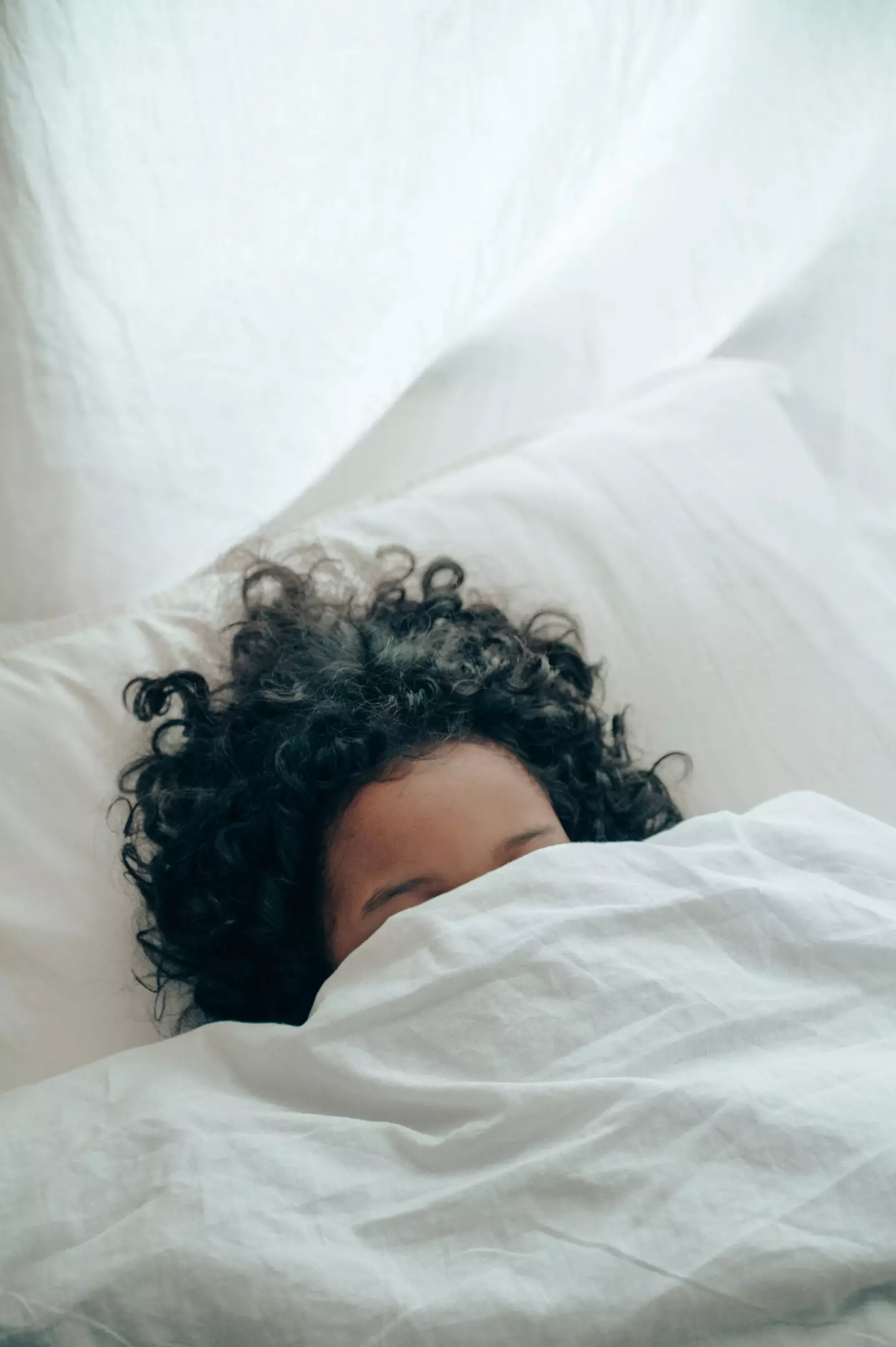
Researchers have said people who share a common habit may have Neanderthal DNA in their make up.
Neanderthals lived hundreds of thousands of years ago but just because they died out some time ago, doesn’t mean their DNA has been wiped from the planet.
And while we're on the topic of Neanderthals, if you want to see the funniest video of all time, click here:
Advert
A new study, that was published in the journal Genome Biology and Evolution, looked at the genetic makeup of Neanderthals who died out around 40,000 years ago.
Prior to dying out, this group lived in Eurasia for hundreds of thousands of years.
Scientists believe that there was likely an overlap between Neanderthals and our ancient human ancestors, which would have led to breeding between the two groups, meaning that genes from both the human and the Neanderthal would have passed on to future generations.
Scientists now believe that some evolutionary adaptations made by Neanderthals have been passed on to humans who have Neanderthal relatives way, way back.

The team that conducted the study looked specifically at 246 circadian genes that are believed to influence our internal ‘body clock’ - when we feel tired, etc.
And they found some pretty interesting results.
As you may expect, the researchers spotted differences in the body clocks of Neanderthals and modern humans.
However, they said that it could be possible for some humans to have inherited their body clocks from Neanderthals and that a common trait we’d expect to see in that case is the person being a ‘morning person’.
Yep, the experts reckon that early risers could have inherited that trait from Neanderthal ancestors.

Lead author John Capra, an epidemiologist at the University of California in San Francisco, said: "By combining ancient DNA, large-scale genetic studies in modern humans, and artificial intelligence, we discovered substantial genetic differences in the circadian systems of Neanderthals and modern humans.
"Then by analysing the bits of Neanderthal DNA that remain in modern human genomes we discovered a striking trend: many of them have effects on the control of circadian genes in modern humans and these effects are predominantly in a consistent direction of increasing propensity to be a morning person.
"This change is consistent with the effects of living at higher latitudes on the circadian clocks of animals and likely enables more rapid alignment of the circadian clock with changing seasonal light patterns."
Professor Mark Maslin, of University College London, who was not involved in the study, told The Guardian: “Now we have genetic evidence that some of us really are morning people.”
Topics: Science, World News